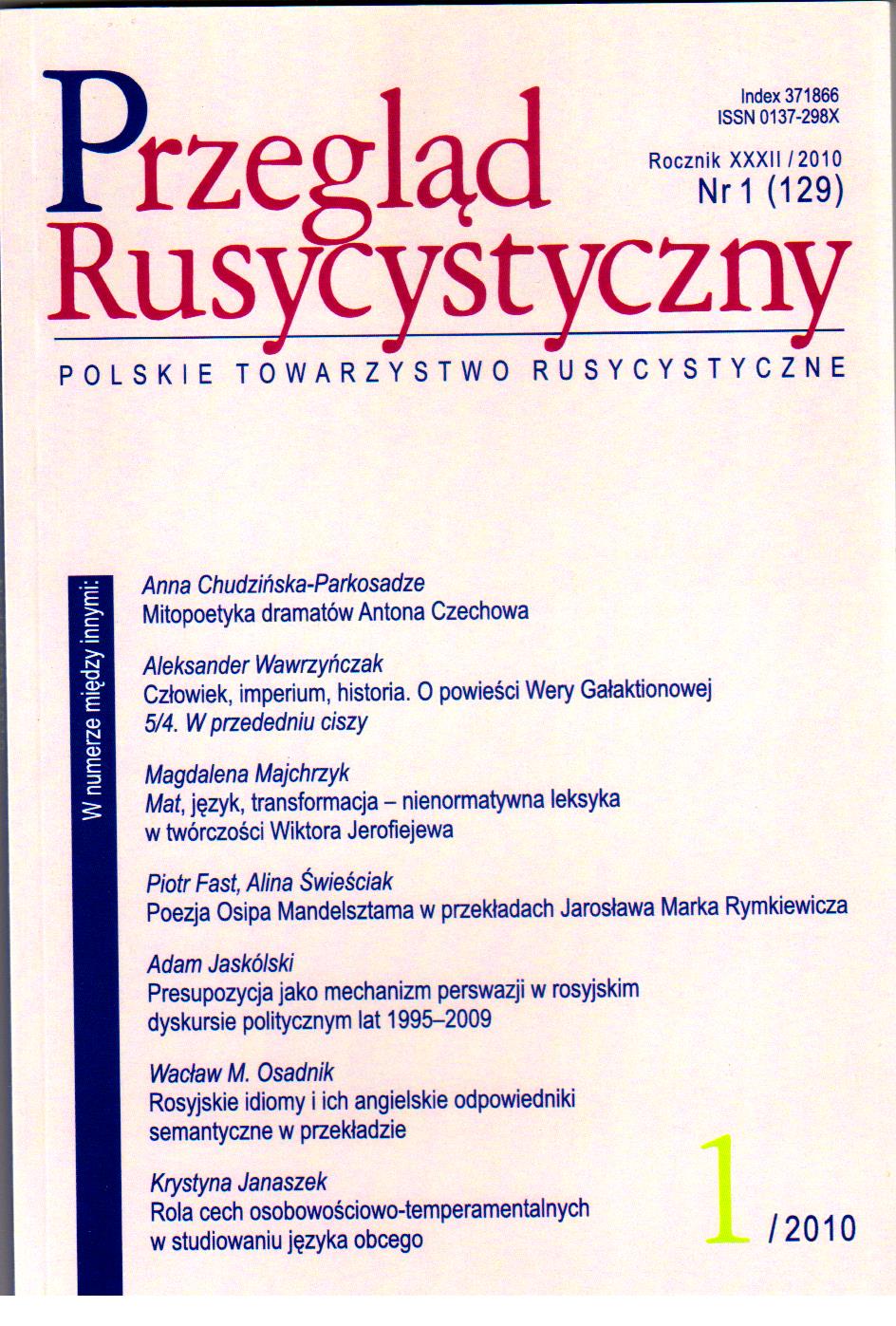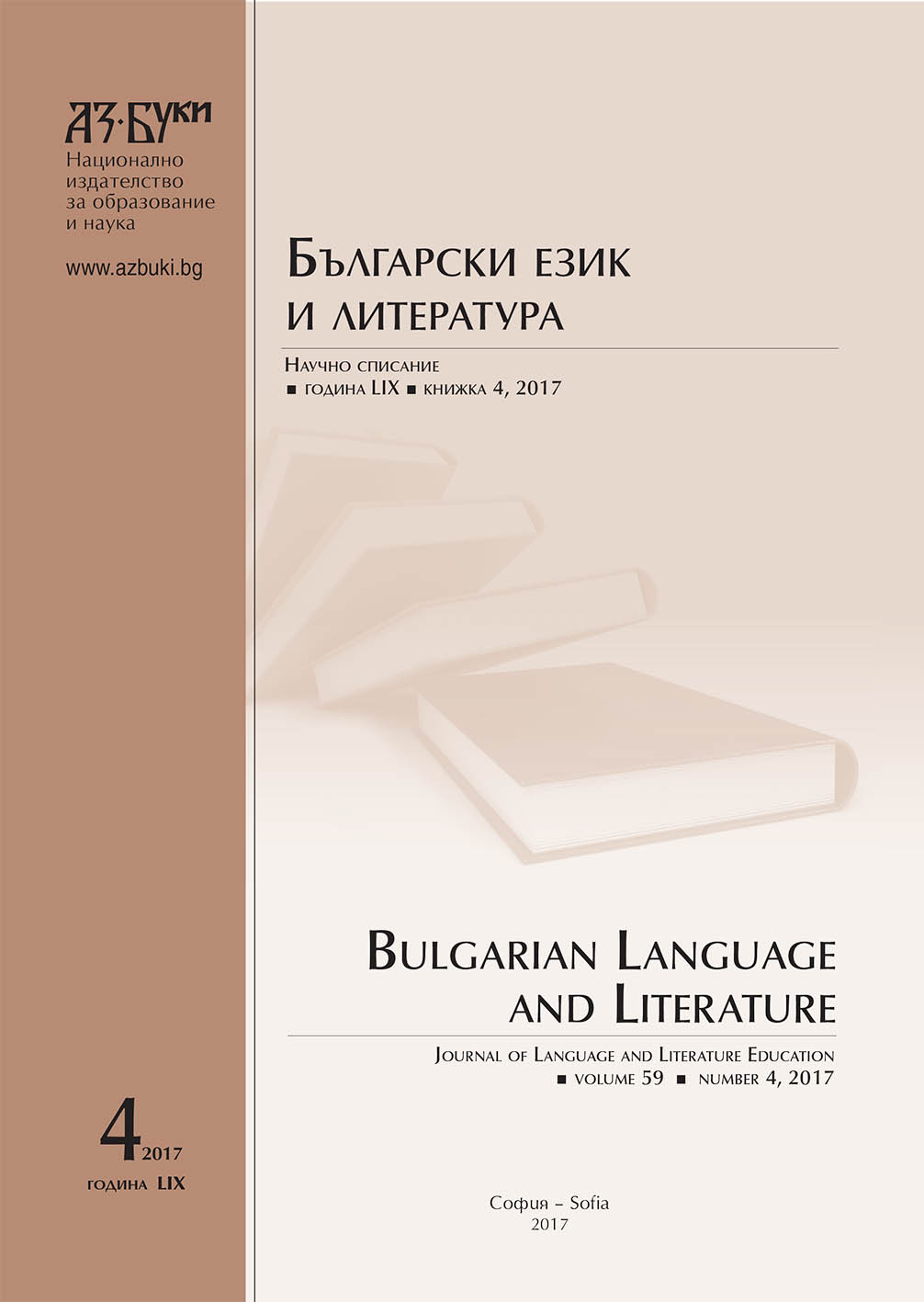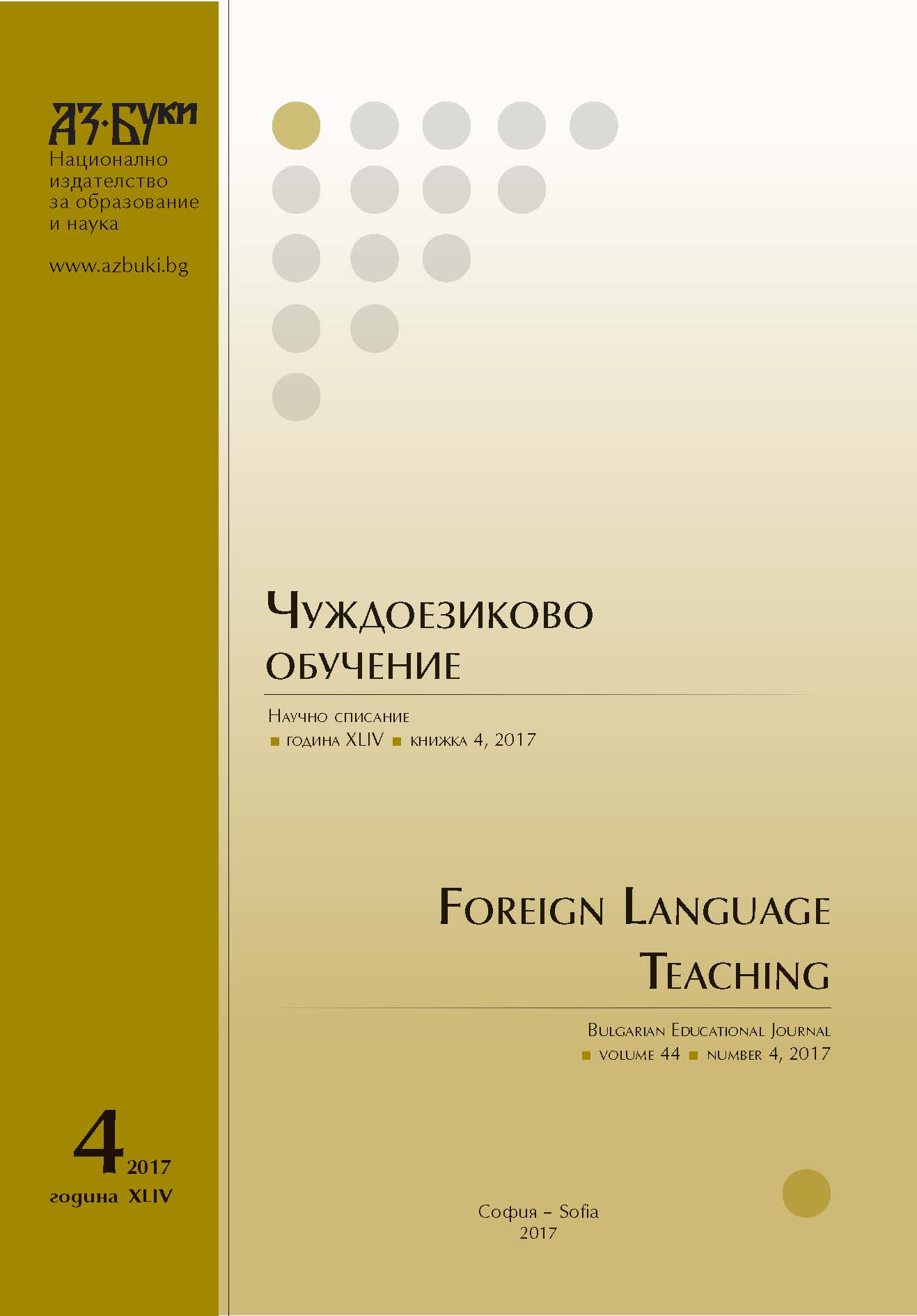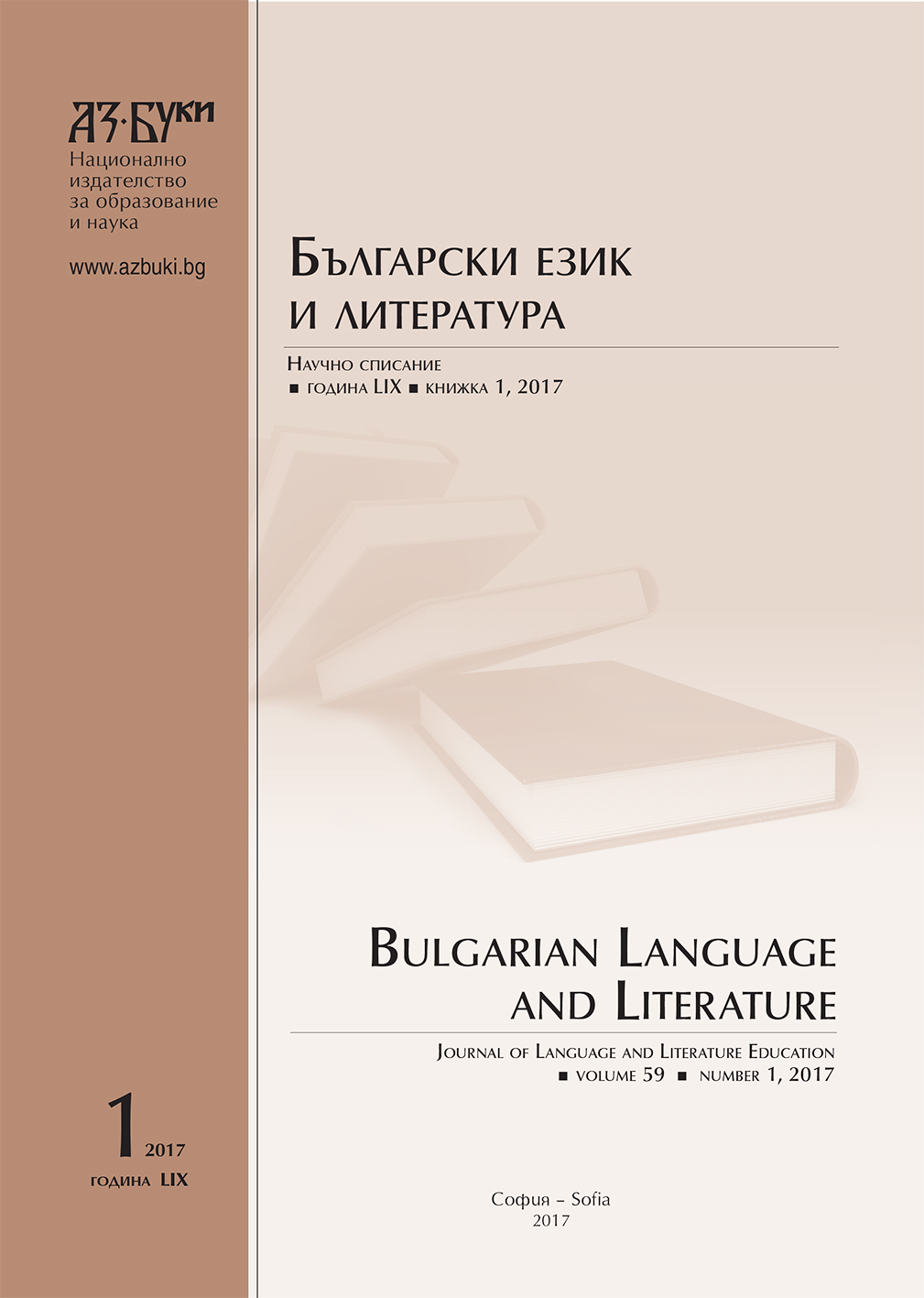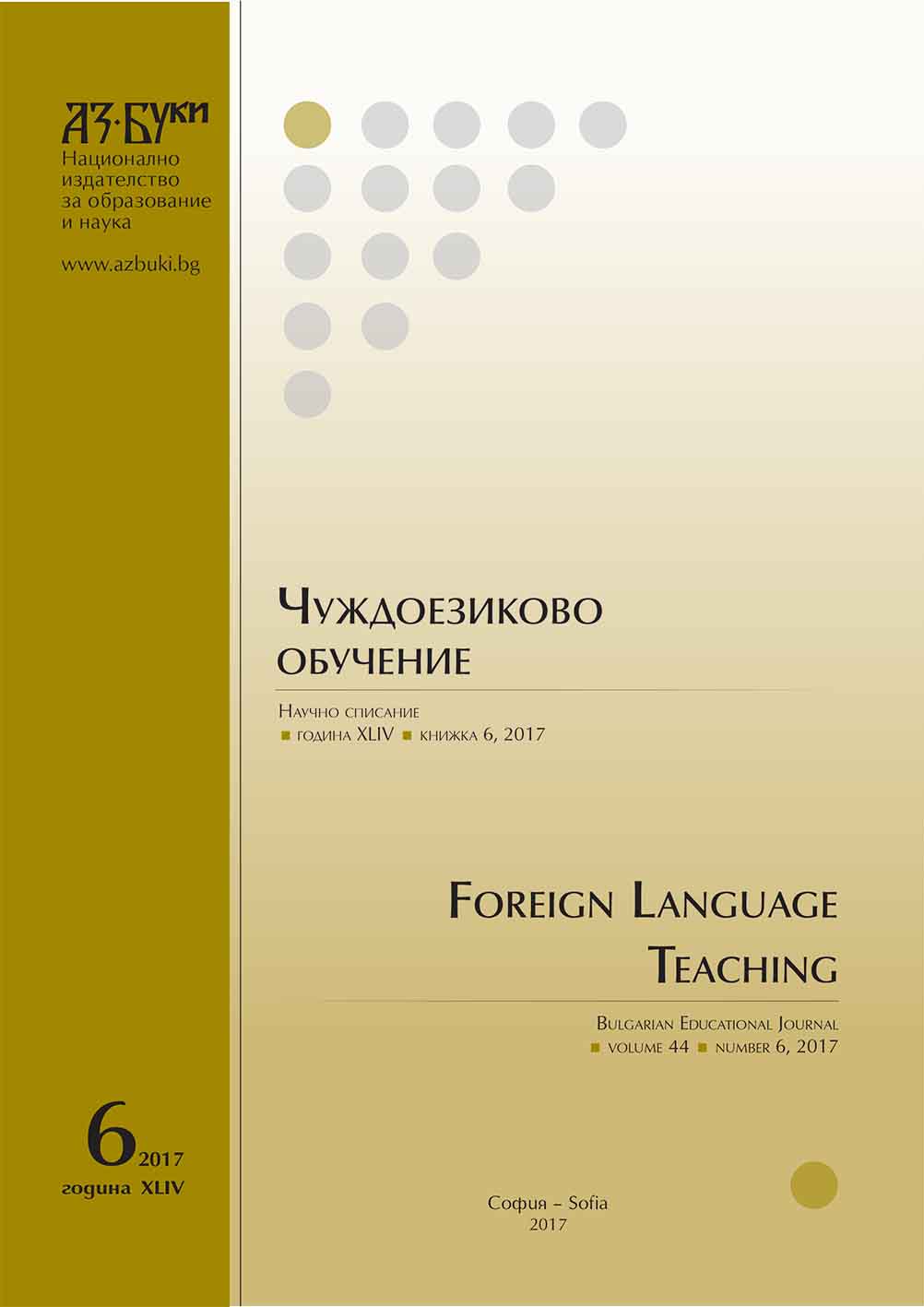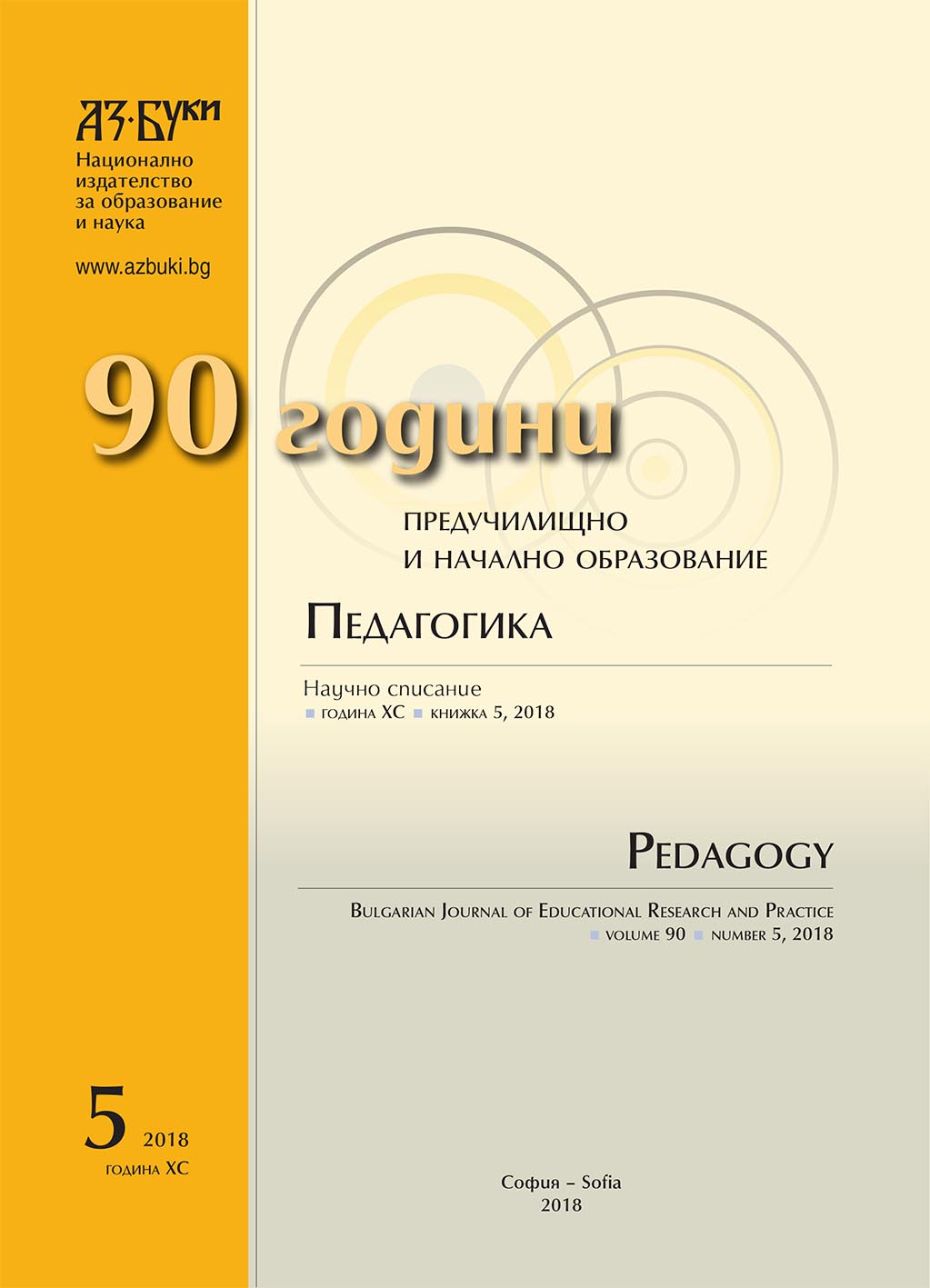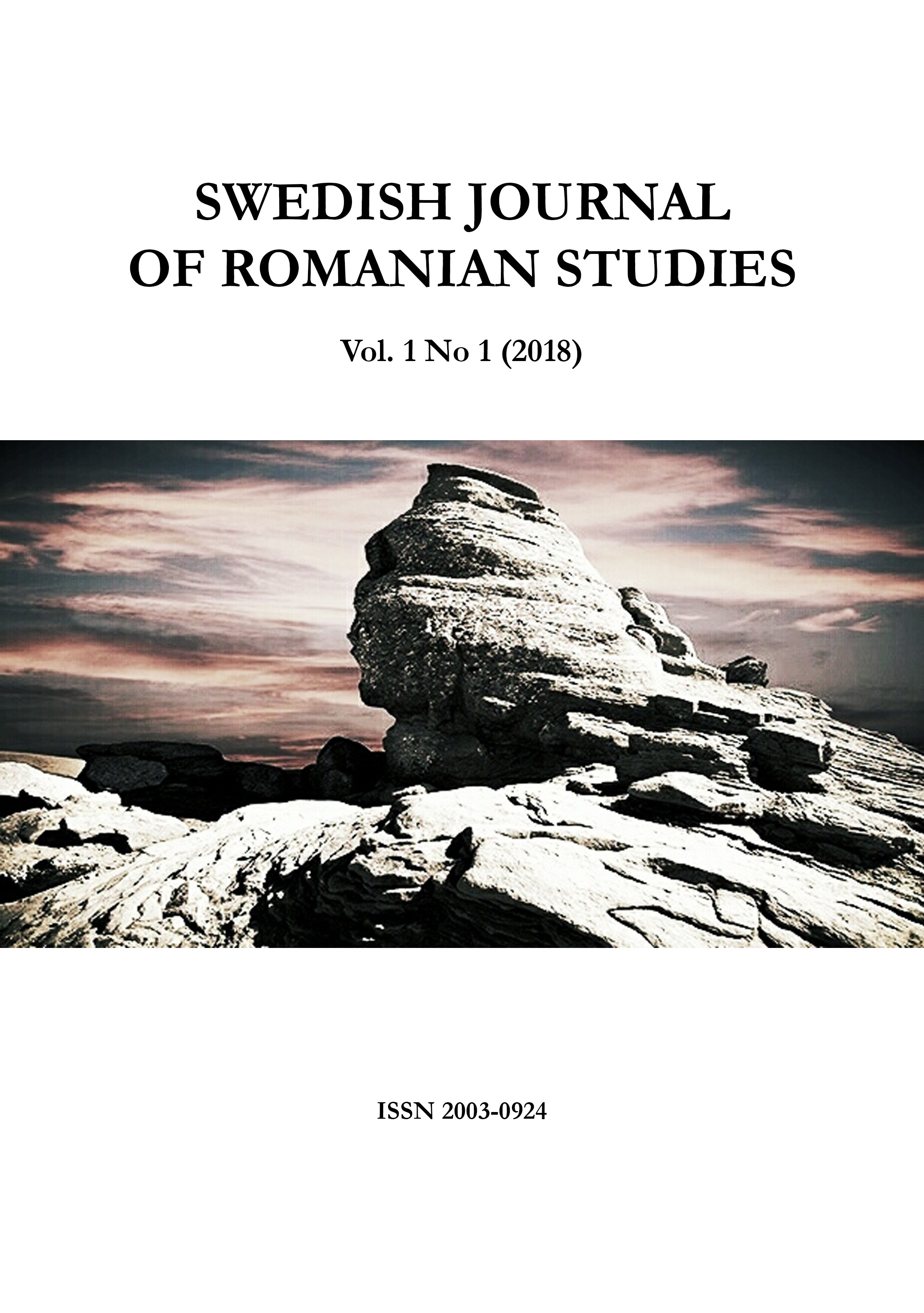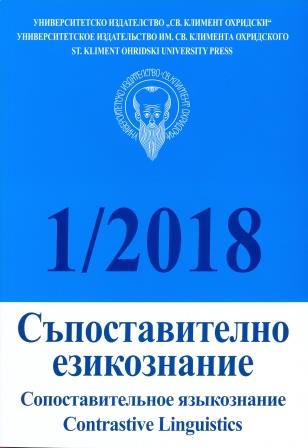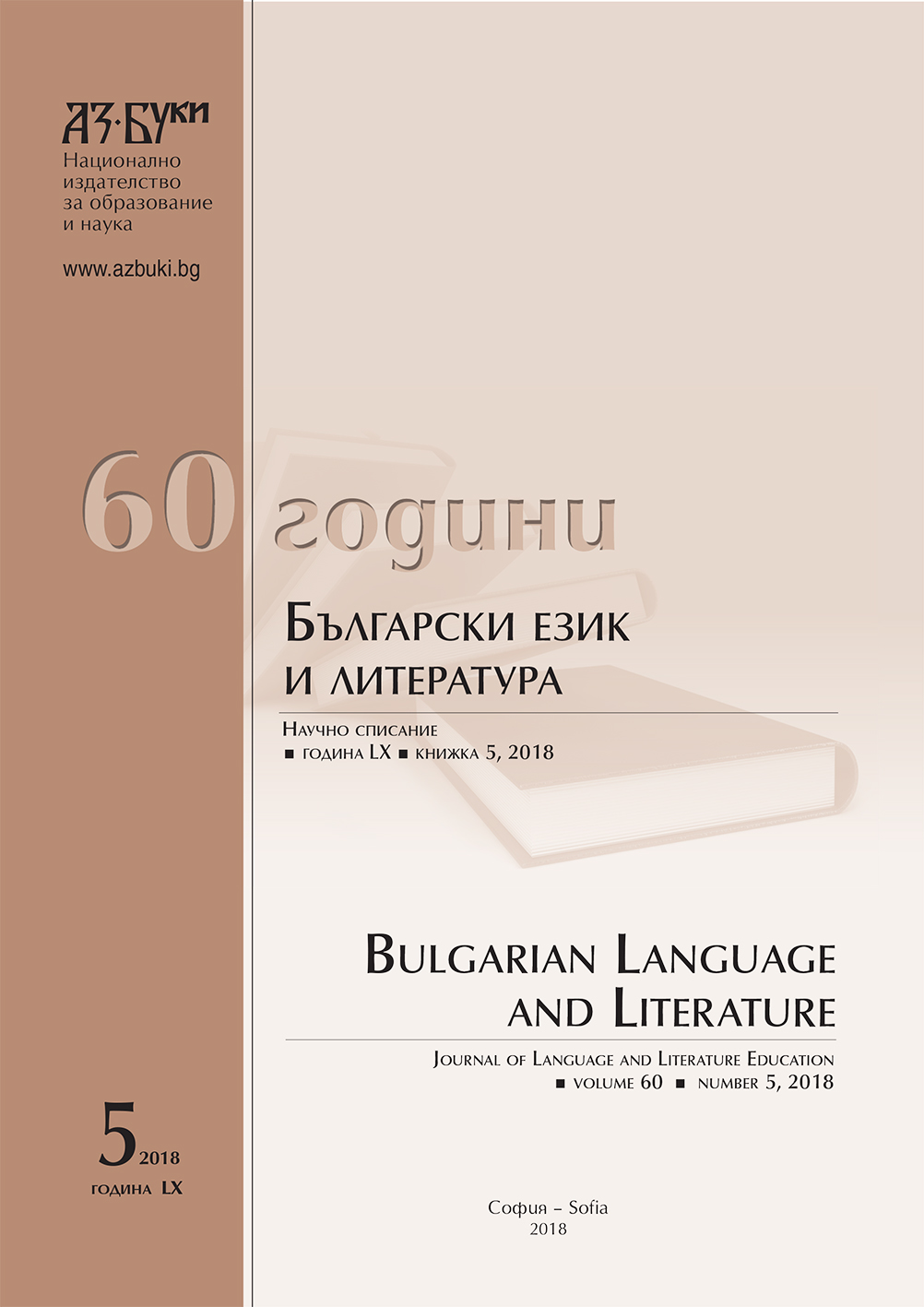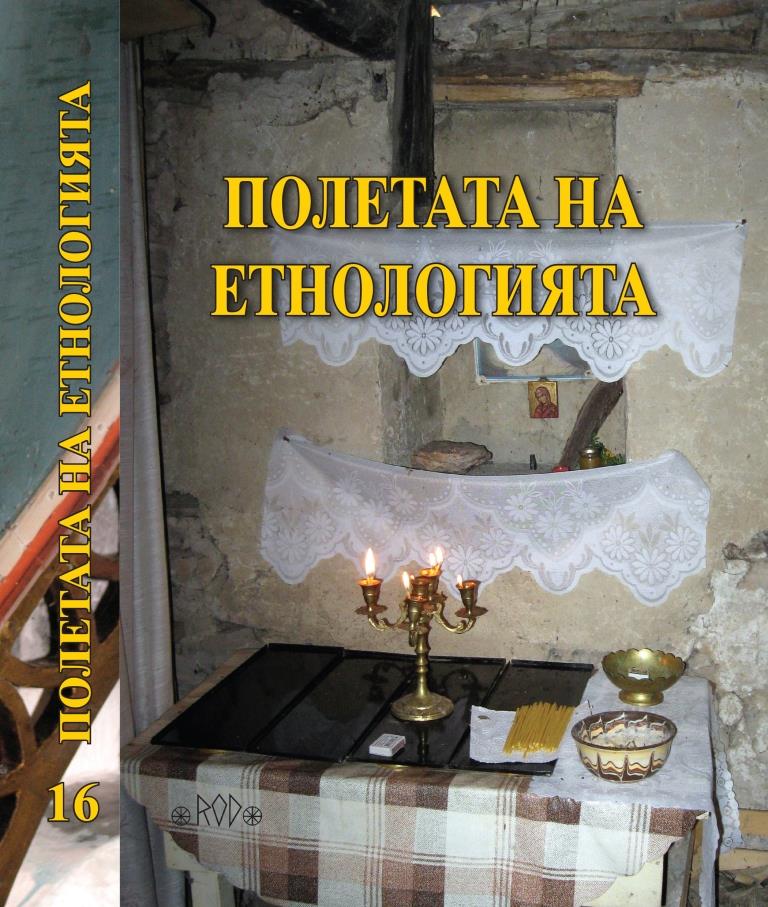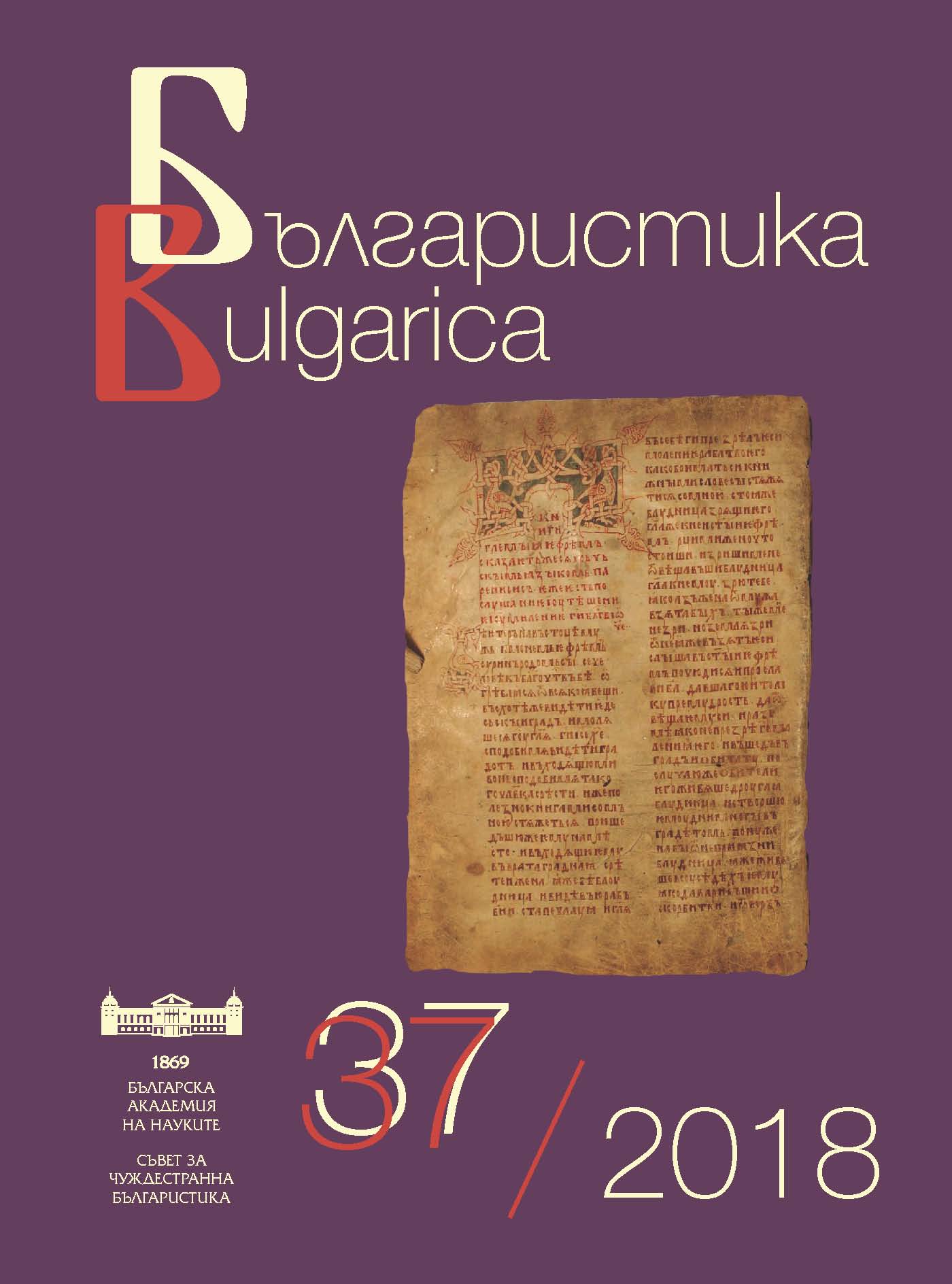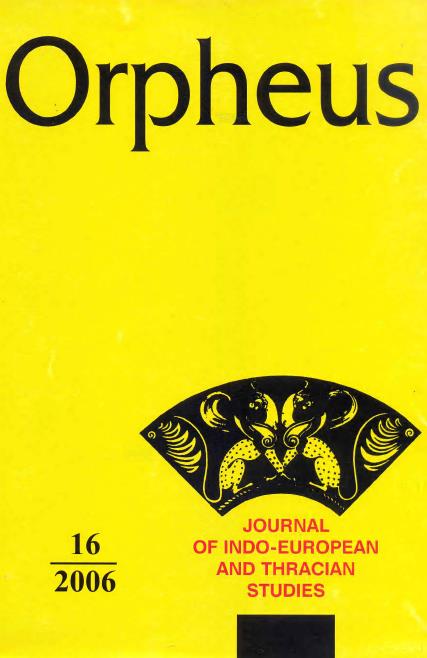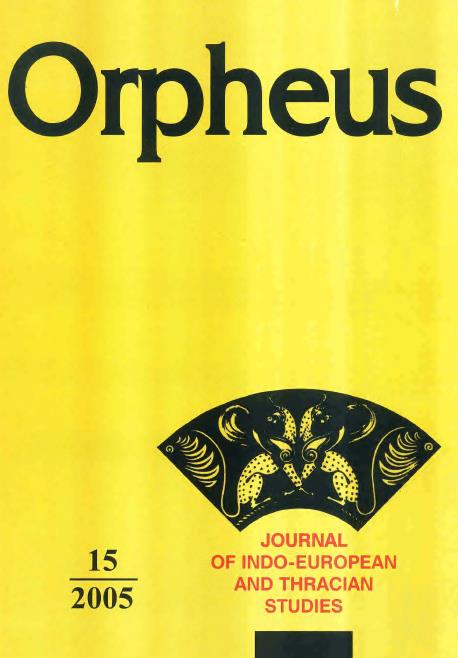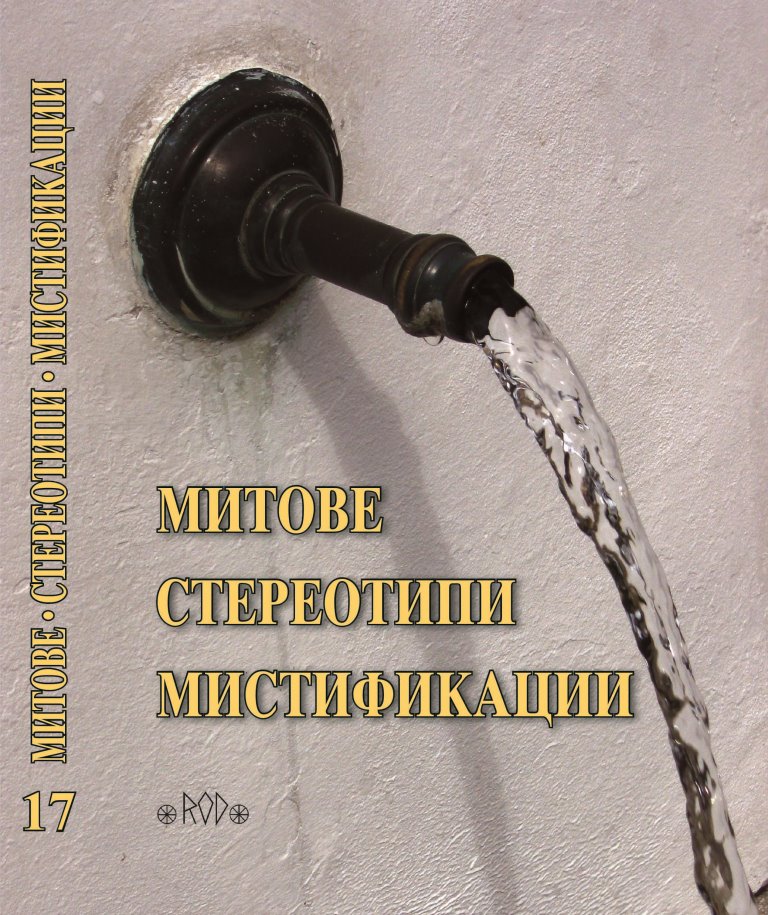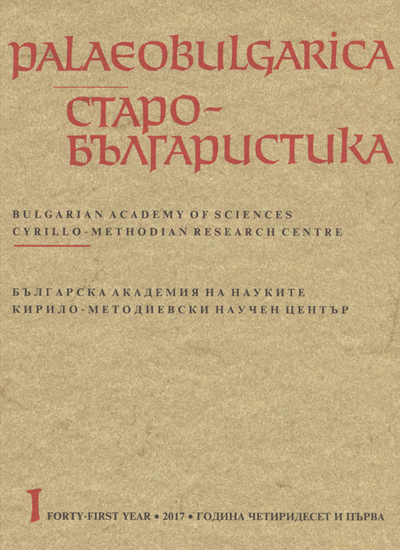
Рать и реть в старобългарската книжнина и в историята на българския език
The article discusses the two Old Bulgarian lexemes – рать и реть – on the basis of material from lexicographic reference tools, published sources, and collections of electronic resources from Slavonic written monuments. The study centres on the complex and often extremely conflicting semantics of реть. The emergence of the two words, which are related as regards phonetic structure, is analysed within the context of the theory put forward by Vladimir Georgiev concerning the Protoslavonic vowel system and the results of the liquid consonant metathesis in the Slavonic language, including Old Bulgarian. An explanation is offered regarding the comparatively restricted regional origin of реть, a lexeme that has entered literary Old Bulgarian through texts linked with the Preslav Literary Centre.
More...
